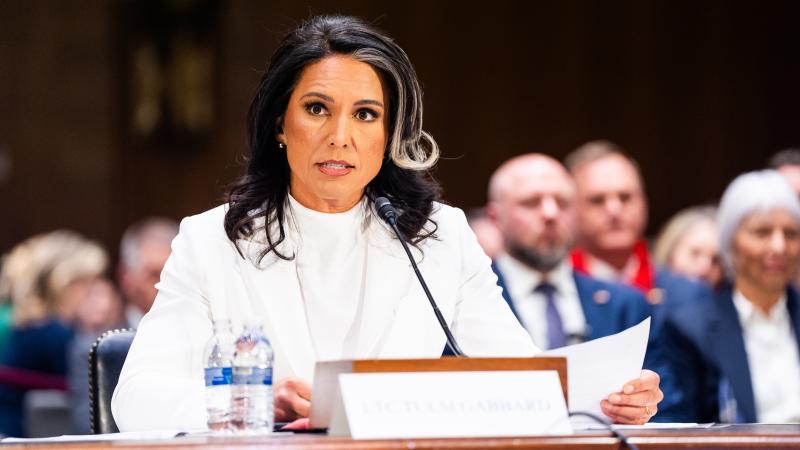Air Force inspector general concludes there was 'no misconduct' in a fatal drone strike in Kabul
The investigation looked into the Aug. 29 drone strike that killed the driver of a white sedan, Zemerai Ahmadi as well as nine of his relatives that were near the car at the time of the strike.
The Pentagon concluded Wednesday that there was no misconduct concerning the deadly drone strike in August that killed civilians in Kabul during the U.S. withdrawal of Afghanistan.
According to the Associated Press, the inspector general of the Air Force Lt. Gen. Sami Said conducted the review and concluded that there were issues with the Pentagon's communications process and how it identified potential targets.
"I found that given the information they had and the analysis that they did — I understand they reached the wrong conclusion, but ... was it reasonable to conclude what they concluded based on what they had? It was not unreasonable. It just turned out to be incorrect," Said said.
The inspector general went on to say the Defense Department's actions need to be put in the context of what was going on during the chaotic withdrawal, and with intelligence agencies receiving numerous tips about potential terrorist attacks.
The investigation looked into the Aug. 29 drone strike that killed the driver of a white sedan, Zemerai Ahmadi, as well as nine of his relatives who were near the car at the time of the strike.
Said's report says the U.S. military firmly believed that Ahmadi's car was on the way to the airport for a potential bombing.
"They all have a genuine belief based on the information they had and the interpretation, that that was a threat to U.S. forces, an imminent threat to U.S. forces," Said told reporters. "That’s a mistake. It’s a regrettable mistake. It’s an honest mistake. I understand the consequences, but it’s not criminal conduct, random conduct, negligence."
Said also reviewed dozens of video clips leading up to the strike, and concluded that the Air Force didn't see the children near the car until it was too late.
"I’m just saying it is 100% not obvious," he said. "You have to be like, no kidding, looking for it. But when you’re looking for it, certainly after the fact, if you ask me, was there evidence of the presence? Yes, there was."
Said's report also gives recommendations, which have been endorsed by Defense Secretary Lloyd Austin.
Some of the recommendations include strengthening communication processes, as well as implementing more procedures to help prevent "confirmation bias."
















